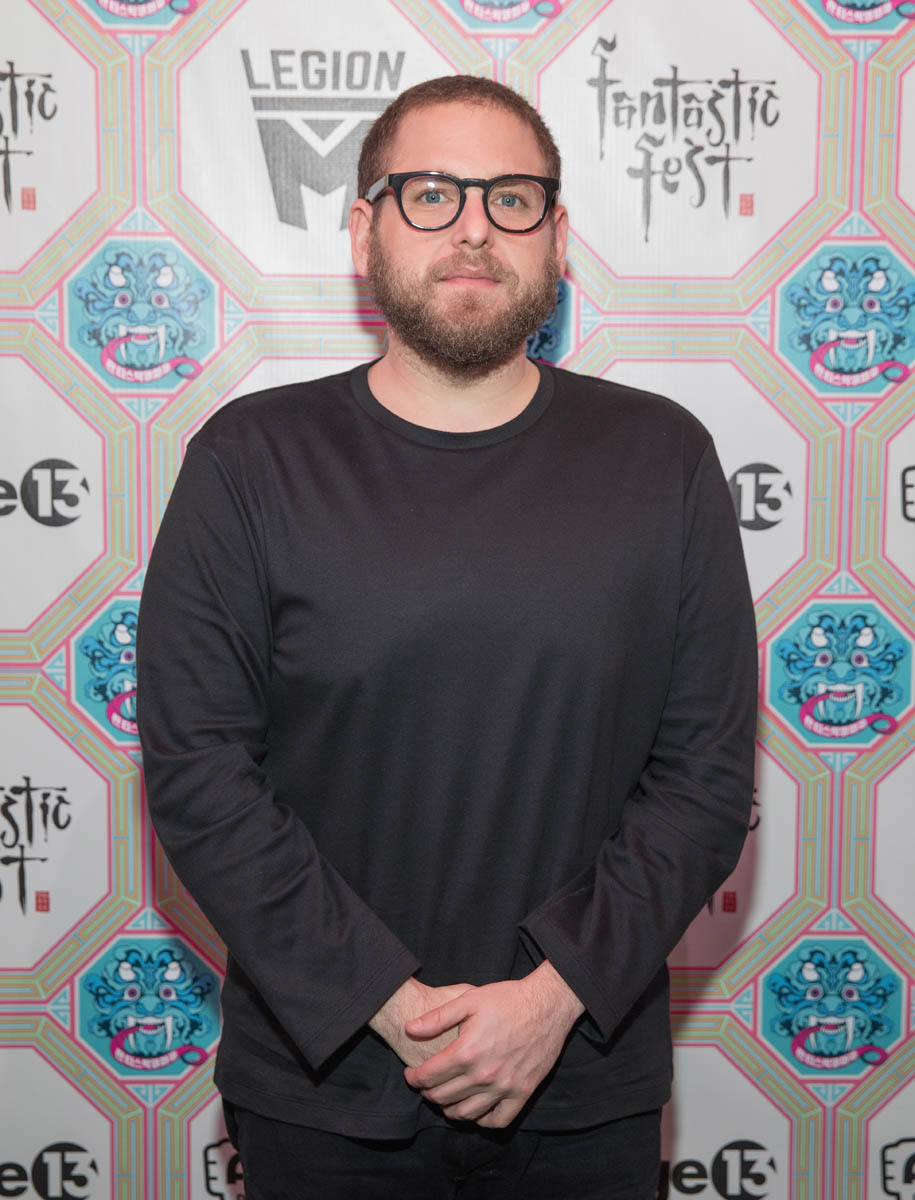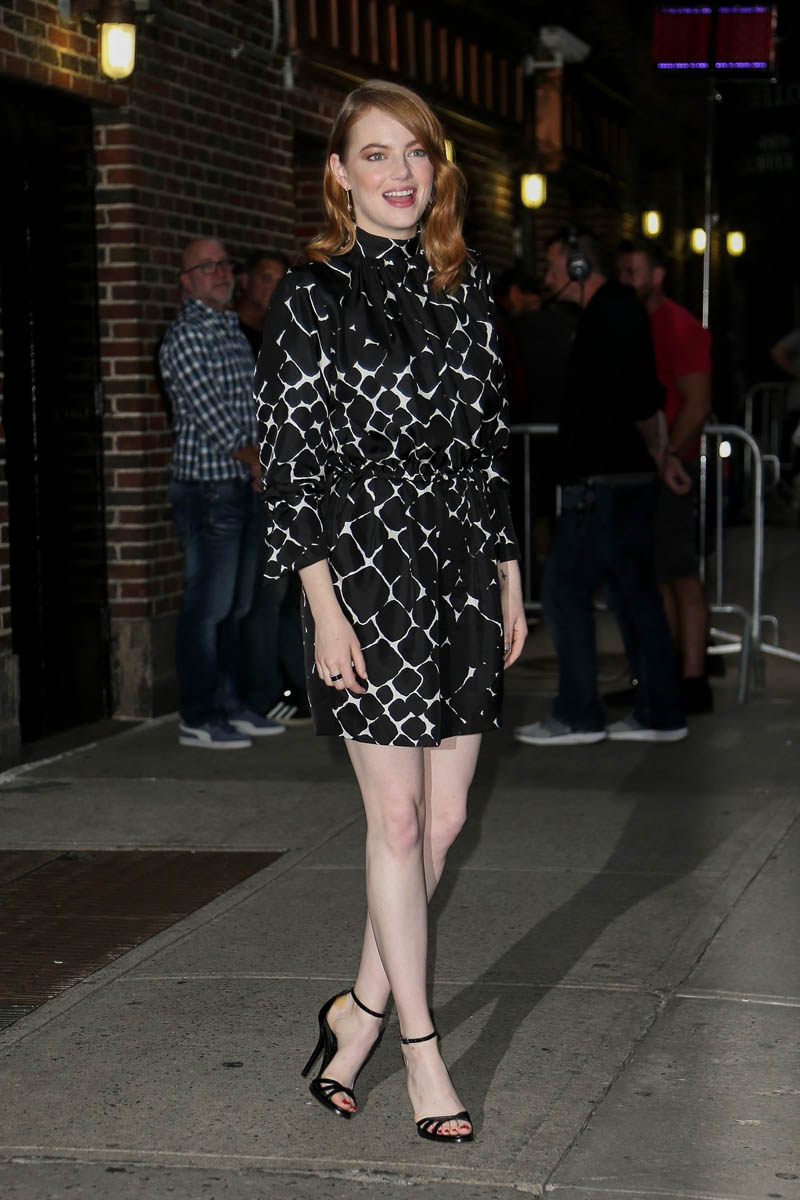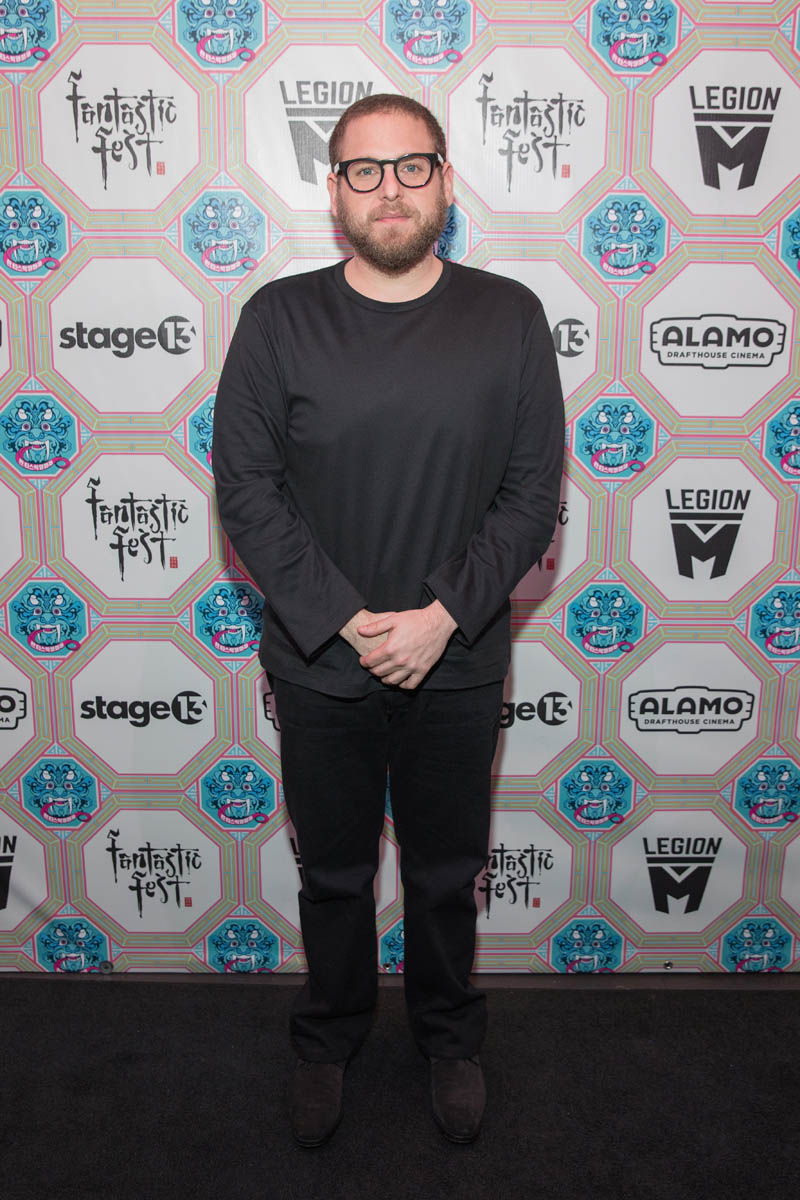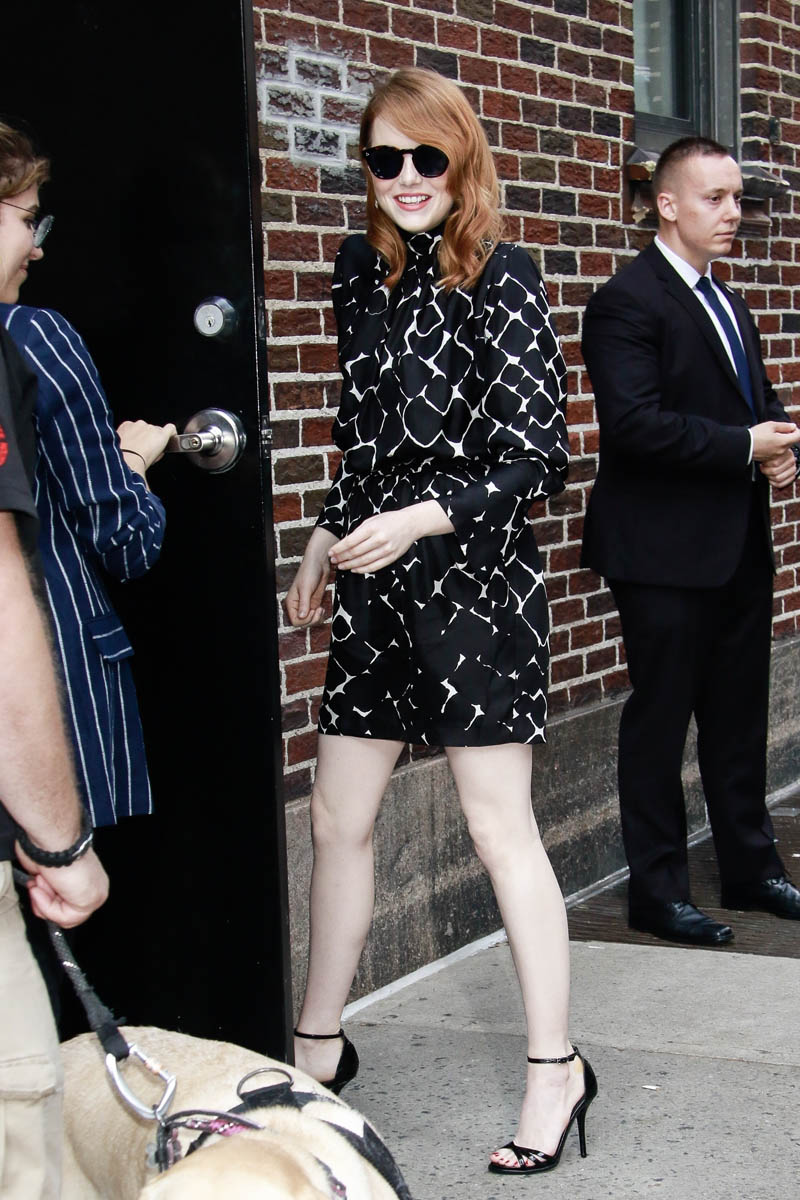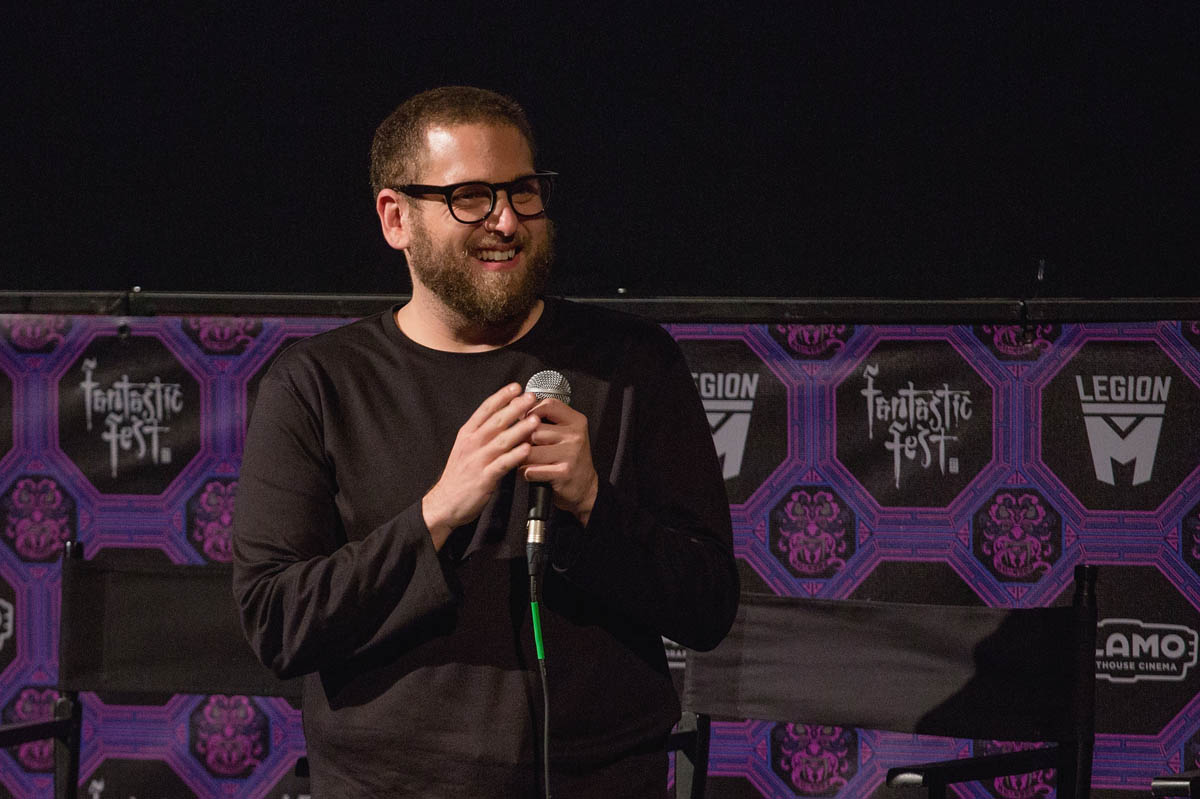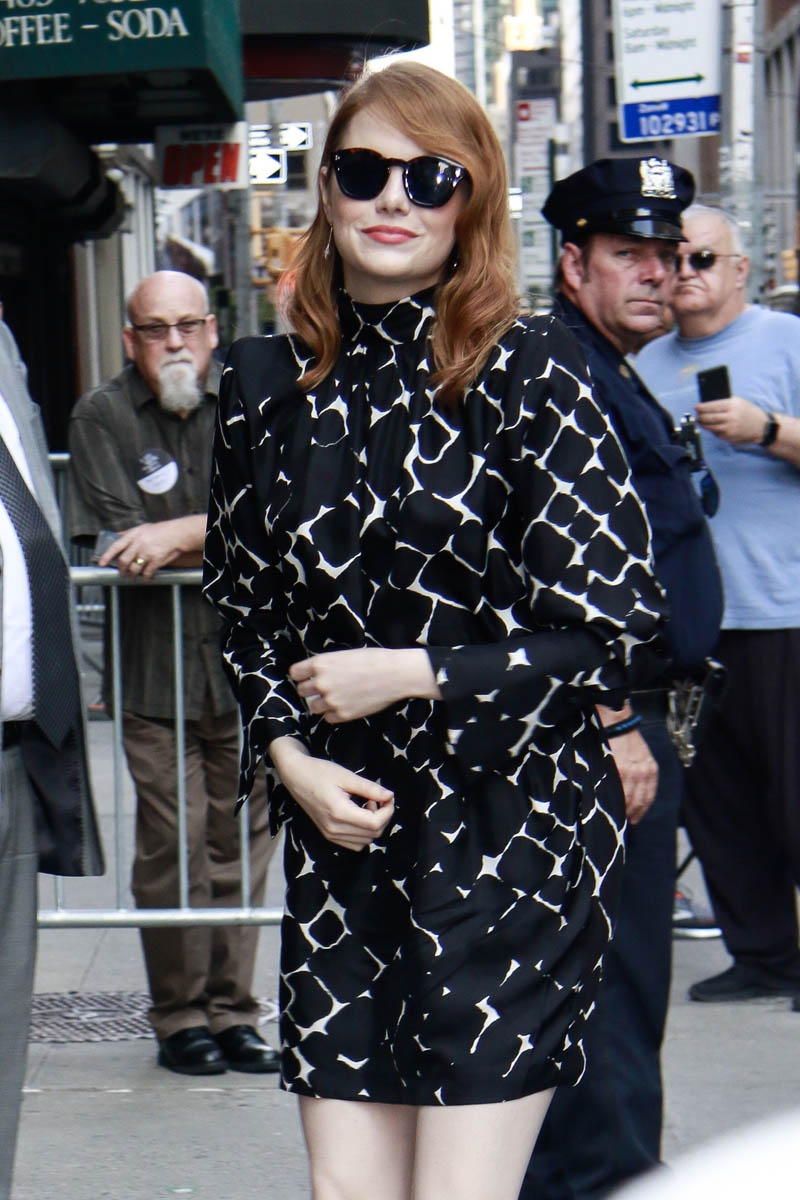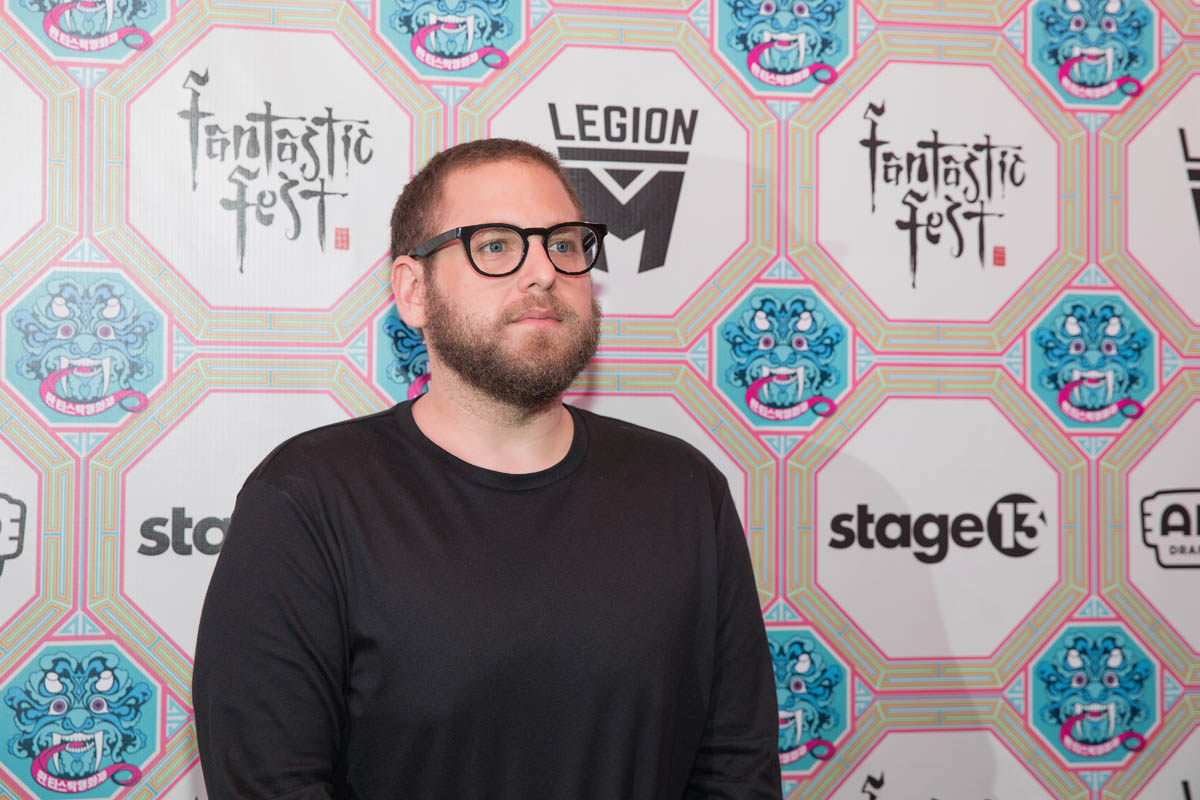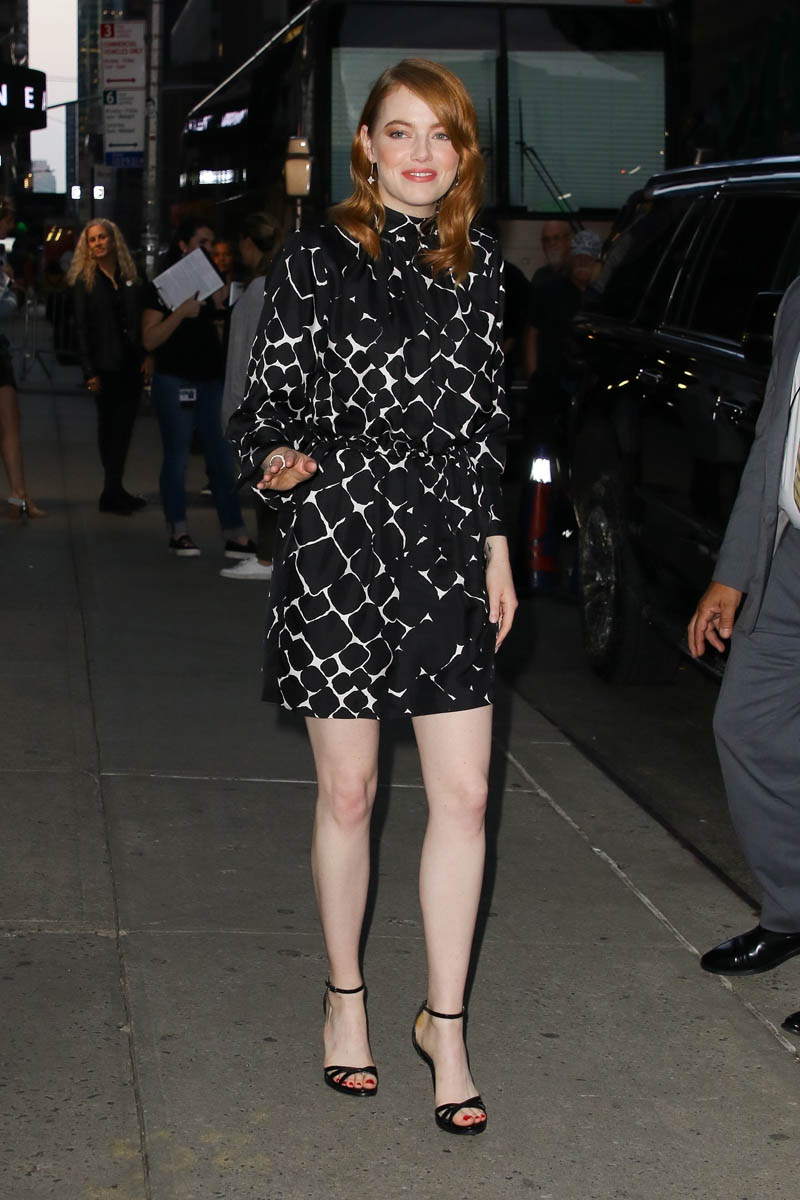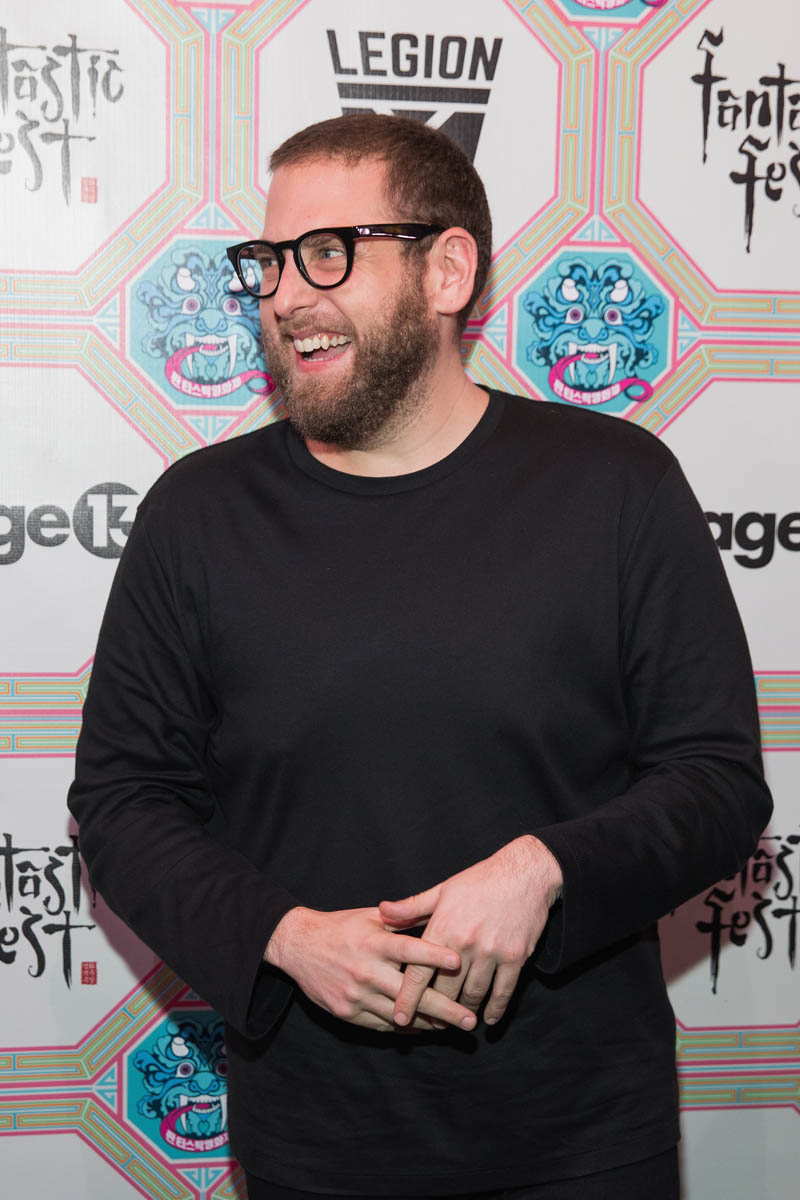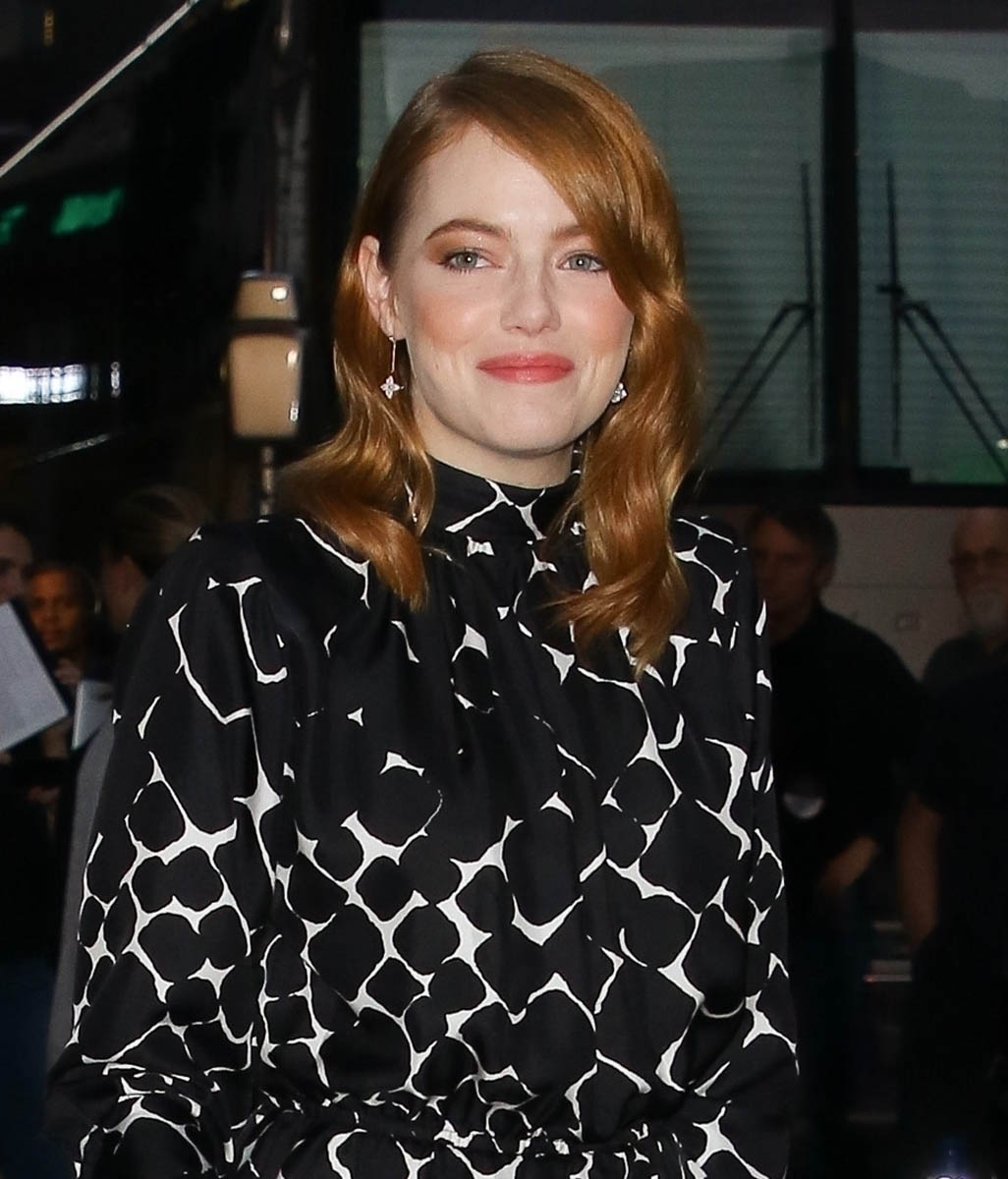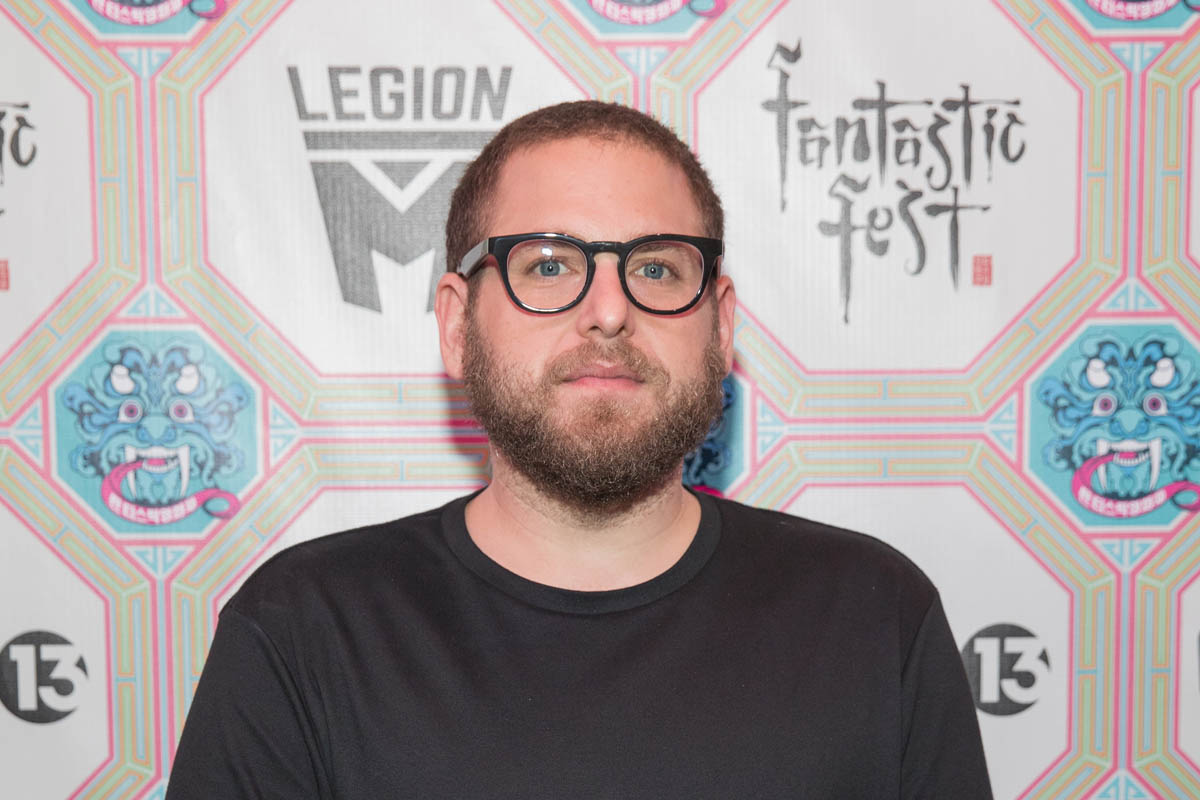Maniac is a sideways examination of healing


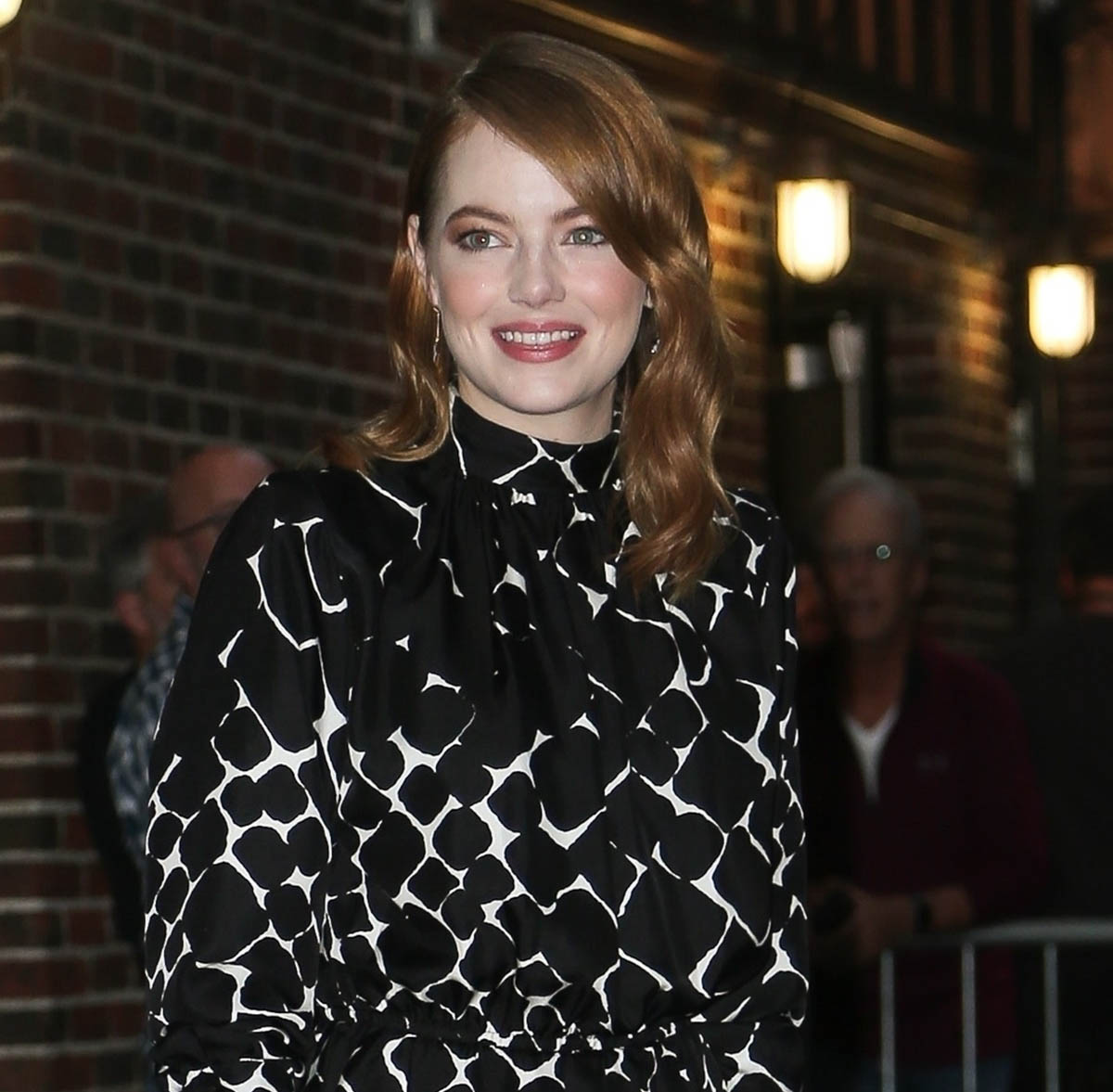
Describing Maniac is pointless. It’s a dozen different shows stuffed into one larger framework, and if it accomplishes nothing else, it at least makes me want to see a fantasy series starring Emma Stone as a half-elf ranger with a drinking problem. But Maniac does accomplish more than that—though everyone’s mileage will vary as it TESTS YOU—because within its nested narrative is a decent story about trauma, loss, and recovery, and how hard it is to heal. Cary Joji Fukunaga abandons his usual realism for something if not whimsical than certainly more lighthearted, and applies his knack for character study to two broken people trying to mend themselves in a hopelessly cruel world.
Emma Stone stars as Annie, who is addicted to “A”, an experimental medication meant to eradicate the need for therapy. It is the first step in a three-step process, and when she is no longer able to get A on the street, Annie forces her way into a risky drug trial in order to get some as part of the first stage of the trial. Her particular trauma and loss inform much of the series, as throughout the trial she begins revealing herself to another test subject, Owen (Jonah Hill). Owen’s issues are more readily apparent—he experiences what he calls “blips” but what the doctors call paranoid schizophrenia. His mental state is especially important as he is about to lie to a jury on his brother’s behalf and his family is worried he won’t come through for them. Also in the mix is the doctor running the trial, Dr. James Mantleray (Justin Theroux), who is struggling with mommy issues, which are exacerbated when his famous psychotherapist mother, Dr. Greta Mantleray (Sally Field) is called in to try and save the trial from almost certain failure.
As an actor’s showcase, Maniac is flawless. Stone and Hill are so good it’s actually maddening, and Stone, particularly, stands out in a role that gives her PLENTY to do. This is a reminder that, as is so often the case for actresses, Stone doesn’t often get roles that truly push her, but Maniac is that rare opportunity to rise to the occasion and show us everything she’s got. She is terrific, and clearly enjoying herself. It’s enormously fun to watch. Hill is great, too, and the supporting cast is tremendous, with Sally Field and Billy Magnusson as particular stand-outs. The dream sequence setup of the story allows everyone to play in different genres, though the tone remains consistent regardless of setting. There is a touch of absurdity throughout Maniac that unites the piece.
As a surreal examination of trauma and loss, Maniac works really well. The dream sequences aren’t just fun bits of genre playtime; they build up a thread about the difficulty of recovery after a traumatic event. And the series, led by Fukunaga, is very sympathetic to the whole process. Doctors think Owen has a clinical disorder, but Maniac gently casts doubt on the diagnosis, positing whether or not his family is so awful they inflicted deep emotionally trauma on him, and then suggesting it ultimately doesn’t matter as either way, Owen needs help and support. Annie, meanwhile, is on a journey of acceptance and self-forgiveness and has to reckon with herself. Her dream sequences consistently push her into confrontations she is avoiding in real life.
Where Maniac gets into some trouble is the end. For a show that is so deliberately and committedly odd, the ending is pretty typical stuff. With its production design inspired by a 1970s idea of the future and the cheesy sci-fi novel tone of the dream sequences, the series is begging for a bold, unconventional end. But it doesn’t deliver that, and so it concludes on a flat note. Not bad, necessarily, just not as interesting as the rest of the series. Maybe it’s because there is no intention of continuing the series, but the ending doesn’t need to be so pat. It’s nice to see Owen and Annie carry what they’ve learned about themselves and healing back into their lives, but for a series about messy people and the messiness of living, Maniac has a very neat, tidy ending.
I think it’s a good show? It’s certainly extremely well made, and the acting is brilliant (I haven’t even mentioned Sonoya Mizuno and her absolutely perfect deadpan). And there are lots of fun touches throughout as various people recur in different dream sequences and certain words and phrases are repeated in different contexts. Maniac is clever, sure. But it’s almost too clever, as its dry tone is somewhat at odds with the raw emotions that start flowing in the later episodes. If it weren’t for Stone, Hill, and Billy Magnusson it probably wouldn’t work at all, but those three bring enough humanity to temper the dry-absurd-surrealism of the thing.

